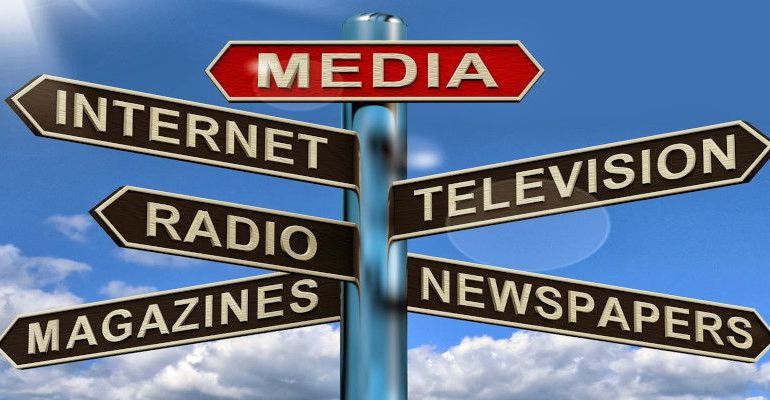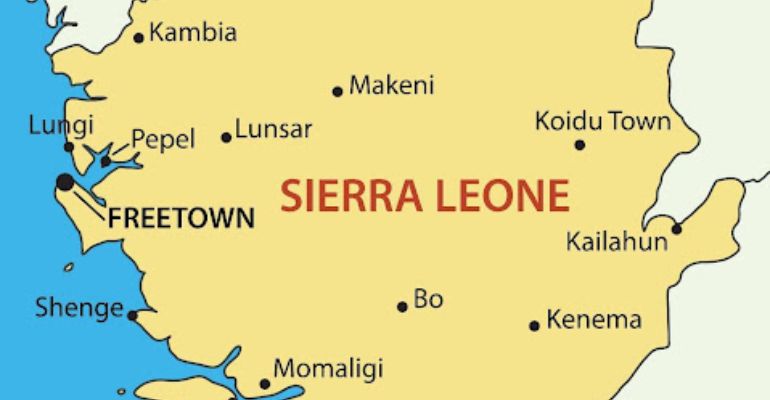The power of the media to influence public opinion and democracy is undeniable. The rise of social media has only amplified this influence, making it more important than ever for media organizations to uphold the principles of accuracy and objectivity in their reporting. This essay will explore how media influence can both positively and negatively impact public opinion and democracy, as well as the challenges and opportunities that media organizations face in ensuring accuracy and objectivity.
One of how media influence can have a positive impact on public opinion and democracy is through its ability to inform and educate the public. Media outlets can provide accurate and in-depth coverage of important issues, giving people the information they need to make informed decisions and take action. At its best, the media can serve as a watchdog, holding those in power accountable and ensuring transparency and democracy. However, there are also risks associated with media influence.
One risk is that media organizations can be biased or one-sided in their reporting, which can skew public opinion and even fuel division and conflict. In addition, the proliferation of social media has led to the spread of misinformation and disinformation, making it difficult for people to distinguish between fact and fiction. This can lead to polarization and extremism, which can threaten democracy and undermine efforts to build consensus and find common ground. Media influence can have both positive and negative effects on public opinion and democracy, and media organizations need to be aware of these risks and work to mitigate them.
To maintain accuracy and objectivity, media organizations need to adhere to certain ethical principles and practices. First and foremost, they need to ensure that their reporting is based on facts and evidence and that they are transparent about their sources and methods. They should also avoid sensationalism and exaggeration, and strive for balance and fairness in their coverage. In addition, they should make an effort to seek out diverse perspectives and voices and avoid relying on a narrow group of sources.
One ethical guideline for journalists is the Society of Professional Journalists’ Code of Ethics, which emphasizes principles such as accuracy, impartiality, fairness, and transparency. The code also states that journalists should “avoid conflicts of interest, real or perceived” and that they should “be vigilant and courageous about holding those with power accountable.” In addition to adhering to professional ethical standards, media organizations should also have clear policies and procedures in place to ensure accuracy and objectivity.
Another important aspect of ensuring accuracy and objectivity is media literacy. This refers to the ability to critically analyze and evaluate media messages. Media literacy skills can help people identify biases, propaganda, and misinformation in the media, and make more informed judgments about the information they consume. Media literacy should be taught in schools and promoted by media organizations, in order
to create a more informed and discerning public. In this way, media literacy can help to support and strengthen democracy.
One other way to ensure accuracy and objectivity is through the use of fact-checking. Fact-checking is the process of verifying the accuracy of information and statements. In the media, this can involve fact-checking articles, speeches, and other media content to ensure that they are factually accurate and not misleading. Fact-checking can be carried out by a variety of organizations, including independent fact-checking websites, news organizations, and fact-checking initiatives within social media platforms.
In summary, media influence on public opinion and democracy is a complex and dynamic process, and there are various ways to ensure accuracy and objectivity in reporting. Media literacy and fact-checking can help to improve the quality of information, while transparency and avoidance of bias are essential principles for journalists and fact-checkers to follow. Furthermore, it is important to use multiple sources and to identify any corrections that have been made. By adhering to these principles, we can ensure that media influence is used to promote democracy and the public good.












